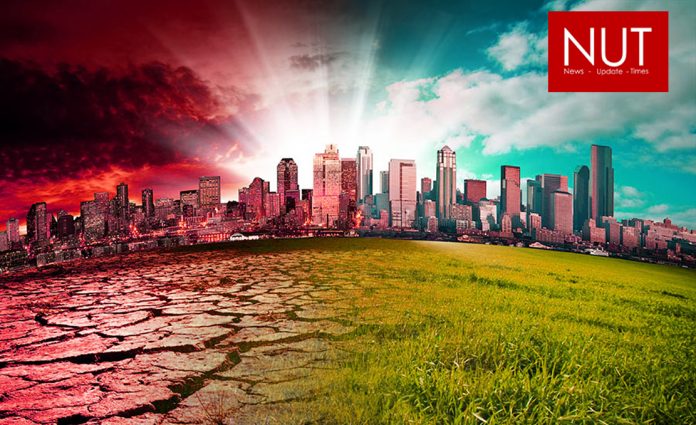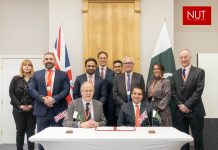By Ather Naqvi
The world is taking a lot of steps to combat climate change. There is an emphasis on choosing a direction that leads us towards a better environment for us and for our generations to come—including climate mitigation. According to an IPCC report on mitigation of climate change, mitigation is a human intervention to reduce the sources or enhance the sinks of greenhouse gases.
But mitigation alone may not be enough. Mitigation, together with adaptation to climate change, contributes to the objective expressed in Article 2 of the United Nations Framework Convention on Climate Change (UNFCCC).
The main objective of this convention is to achieve, in accordance with the relevant provisions of the Convention, “stabilization of greenhouse gas concentrations in the atmosphere at a level that would prevent dangerous anthropogenic interference with the climate system”.
This should be made possible for ecosystems to adapt to climate change and to ensure that food production is not disrupted. Climate policies can be based on the findings of science, and systematic methods from other disciplines.
For the beginners, “climate change occurs when changes in earth’s climate system result in new weather patterns that last for at least a few decades, and maybe for millions of years. The climate system is comprised of five interacting parts, the atmosphere air), hydrosphere (water), cryosphere (ice and permafrost), biosphere (living things), and lithosphere (earth’s crust and upper mantle).
The climate system receives nearly all of its energy from the sun, with a relatively tiny amount from earth’s interior. The climate system also gives off energy to outer space.
Importantly, human activities can also have an effect on earth’s climate, and are presently driving climate change through global warming. Humans should take great caution while doing things which affect climate change.
Over the years, humans have acted very irresponsibly while dealing with climate change. The levels of noise and air pollution in the world should be a cause of alarm. It may be too late to take corrective measures for our climate if we continue to ignore warnings by environmental scientists.






